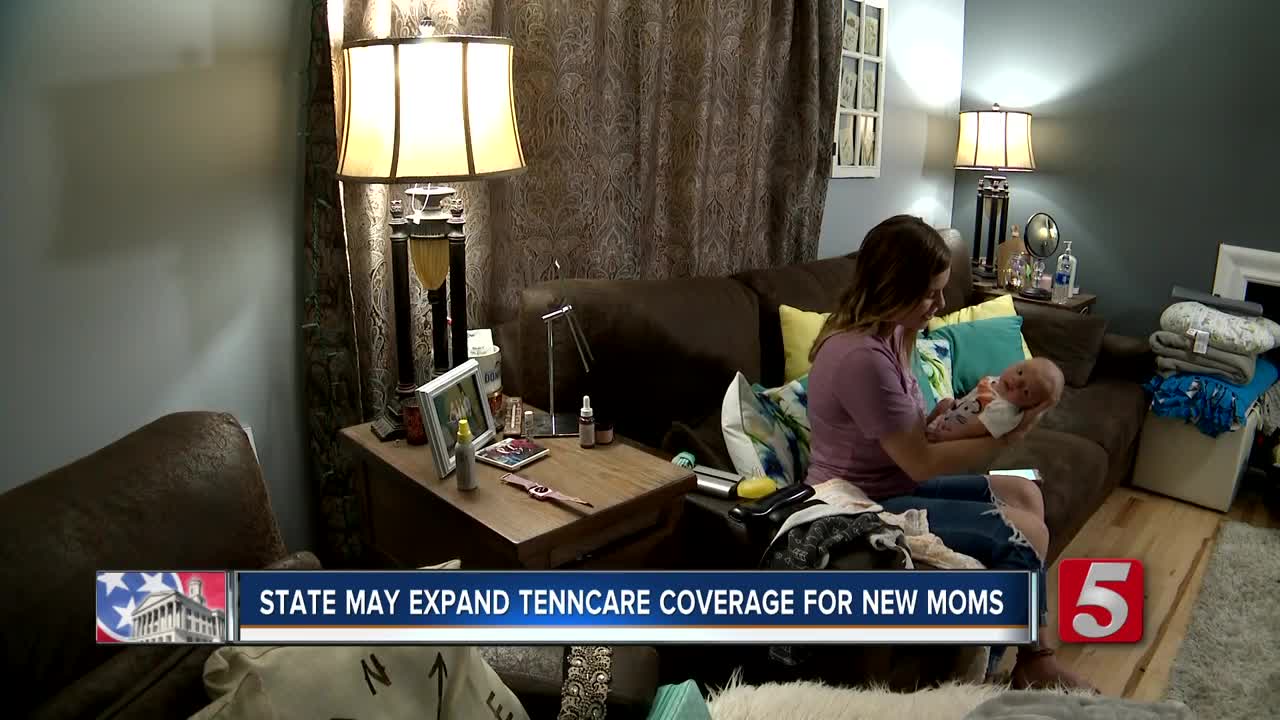NASHVILLE, Tenn. (WTVF/AP) — An overwhelming majority of all Tennessee’s maternity deaths in 2017 could have been prevented, according to a new report released Tuesday that was commissioned to address the state’s high maternal deaths.
“We dedicate this report with deepest sympathy and respect to the memory of these women who died while pregnant or within a year of their pregnancies,” Health Commissioner Lisa Piercey said in a statement.
The report comes nearly three years after the Tennessee General Assembly passed the Maternal Mortality Review and Prevention Act of 2016, which created a review panel to not only look over maternal deaths but also offer prevention recommendations.
According to the 59-page report, the panel verified 78 pregnancy-associated deaths in 2017 and determined 85 percent of them could have been prevented. Initially, there had been 98 deaths that had been flagged as pregnancy-associated, but the number dropped due to the review panel — which established the state’s official procedure to confirm maternal mortality cases.
The pattern is similar to what recently happened in Texas, where health officials originally reported a dramatic number of maternal deaths in 2012 only to later find the number was drastically lower than previously reported.
Nationally, an estimated 700 women in the United States dies as a result of pregnancy or pregnancy-related complications each year. The statistics have startled public health officials, who have pointed out that the US is one of the few countries in the world to show a spike in maternal mortality rates despite health improvements.
And in wake of the new numbers being released officials at TennCare, the state's Medicaid program, released a new plan on Wednesday that would expand coverage to nearly 6,000 new moms statewide.
Currently new moms lose their TennCare coverage after 60 days. But a majority of those postpartum deaths seen statewide are happening between 43 days and one year after a woman gives birth, health officials said.
"That’s a particular vulnerable time for our mother’s," said Dr. Victor Wu, Chief Medical Officer for TennCare.
Kinika Young, Director of Children's Health at the Tennessee Justice Center, said the plan is a step in the right direction to address the state's maternal mortality rate.
"Tennessee is currently ranked 41st in maternal mortality, moving down 8 spots from the previous year. We are the 48th state to consider providing a pathway to postpartum care beyond 60 days. Fifty-two preventable deaths of brand new mothers are devastating and are sadly part of a bigger issue of women dying who are in the Medicaid coverage gap. Research shows Medicaid expansion increases access to preventive care, reduces adverse health outcomes before, during and after pregnancies, and reduces maternal mortality rates," Young said. "We are glad to see policymakers acknowledge that their decisions have life-and-death consequences. We hope they will extend this recognition to other policy decisions, like Medicaid expansion, immediately."
The $19 million plan would be matched by federal funds. TennCare hopes expanding healthcare to new moms for a longer period of time will encourage them to see their doctors more regularly, or receive substance abuse help after giving birth. Both play major roles in the alarming number of postpartum deaths being seen statewide.



